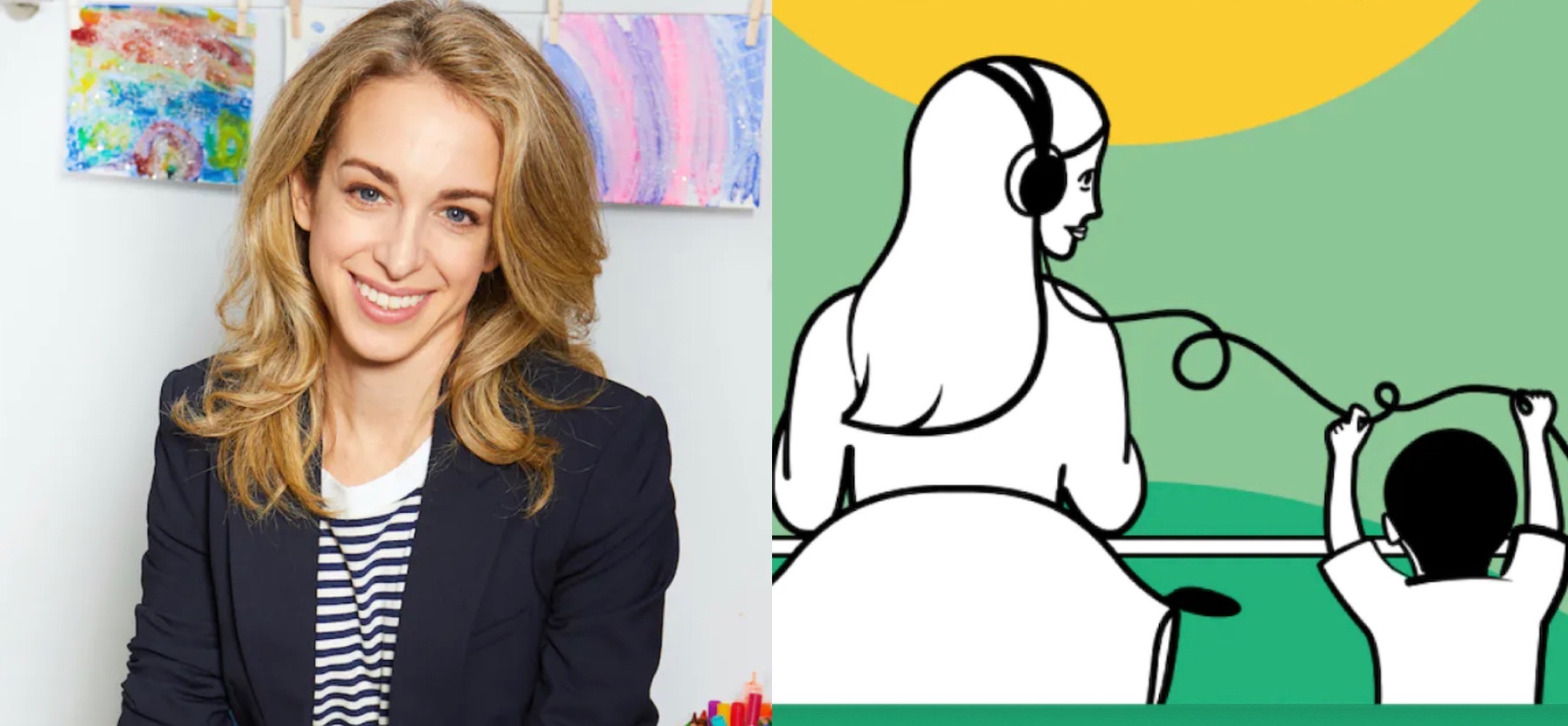
As parents, we tend to romanticize our childhood. Everything was fun, everything was easy, and we were well-behaved (most of the time). We also played from dusk till dawn, we were never bored, we drank from the hose … these are all sentiments consistently expressed by Gen X-ers, Xennials, and millennials as adulthood has taken over and kicked our butts.
We work hard to ensure our kid have it easier than we did, and we must say, it feels like we are a lot better at this parenting thing than our parents were — at least where communication with our little ones is concerned. But we could always use a little advice when it comes to connecting with our young people.
More from CafeMom: Child Psychologist Shares Signs You Have a 'Highly Spoiled' Child & What To Do About It
First, kids need to know we're on their team.
Kids need to know that we’re on their side. They want to feel that they rank high on our priority list and aren’t festering below work, chores, friends, and hobbies. Dr. Becky Kennedy asserts that forging and maintaining a connection helps improve behavior, listening, manners, and the ability to cooperate in challenging situations.
The best-selling author shares that connection is key for long-haul parenting. It helps form secure attachment resilience and self-confidence that stems from "kids having felt seen and understood by their parents." In an Instagram post, the mom of three shares a great way to connect with and validate our kids.
It's doable and takes five seconds.
Kennedy encourages her audience to approach their children and ask the question, “It can be really hard to be a kid, right?” Or to make a slightly altered approach, ask, “You know what I’m thinking about? It can be really hard to be a kid.” Kennedy says this question has a major payoff across the board.
Why does this intervention have such a big payoff? It’s adopting their perspective by stepping into their shoes. “You are connecting to a reality that very few adults actively name for them.” The doctor explains that this connection validates your kids' feelings and helps them feel seen. Feeling seen improves behavior in all their situations.
More from CafeMom: 5 Essential Conversations Moms Need To Have With Their Teens
Childhood is hard.
Of course there was a commenter who scoffed at the notion of childhood being a difficult time. But Kennedy’s followers did not waver in their support of children. One respondent cites that children are our most vulnerable members of the population. The commenter asserts that kids' brains and bodies are still developing and they lack agency. The world is not designed for them, yet is demanding of them. They have lots of needs and are "completely dependent on adults to anticipate, understand, and meet those needs."
Another commenter remarked on a connection they had with a tween. “I had asked a pre teenager once and she agreed that it was hard and so many things she couldn’t yet figure out.” But difficulties don’t start in double digit ages. A mom shared how her 3-year-old lamented their age and wished to be 7. “It is indeed hard to be most ages,” she explains. “No one is placing the thought into their head that wasn’t already there. Rather, empathizing with what they’re already trying to express via words or just behaviors.”
Empathy and connection are what we wish for ourselves. But, suggests Kennedy, if we give it as freely as we desire, it we can work toward understanding, seeing our kids as they are, and appreciating what they need. As a result, positive outcomes — like improved behavior, and the ability to listen and cooperate — will follow.



